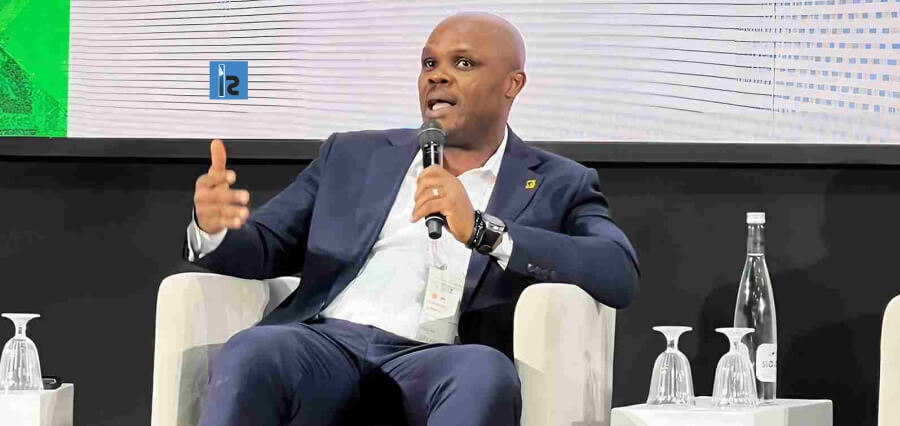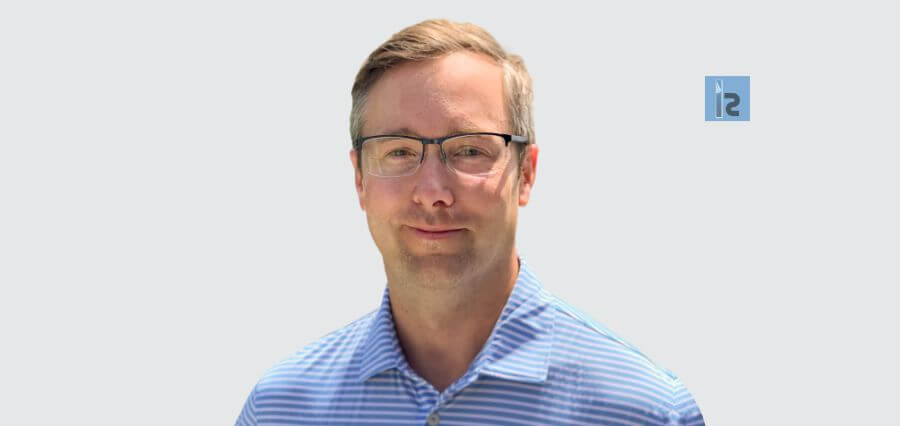Urban agriculture has been proved in research and practice over the last 20 years to help mitigate the consequences of climate change while also increasing the urban quality of life.
Cities are once again becoming areas for growing food since people nowadays prefer to live in green and sustainable city centers that can provide fresh, locally produced food. It’s a new world and this new world demands modern farming solutions. Enter the Indonesia-based agritech start-up – Tunas Farm.
With a goal to urbanize farming to create sustainable food production in cities, Tunas Farm leverages idle assets and turns them into food production using IoT and precision farming methods. The company believes that cities should be able to produce their own food due to population problems, urbanization, and other aspects such as climate change and natural disasters that can affect the food supply.
With such a magnificent vision, Tunas Farm is on a mission to change farming as we know it. We, at Insights Success magazine, are honored to present you with an interview that we conducted with the CEO of Tunas Farm – Widya Surya Prayoga.
Widya shared with us the journey of this ambitious venture and how the leadership team—which includes Rudwiky Okta Putra (CTO), Jeremia Michael (CCO), and Topaz Kumoro (COO)—plan to scale the agritech business in Indonesia and the world.
Below is an excerpt of that interview:
Please brief our audience about your company, its USPs, and how it is positioned as a leading name in the horticulture sector.
Tunas Farm is an urban-focused agritech startup with our tagline “your local future farm” meaning we are the solution for not only food but also healthy and hygienic food straight from our farms to consumers’ doorsteps.
Our mission focuses on three main issues, namely Production Cost, Quality, and Selling Price. In Indonesia, most of the low-priced vegetables are of poor quality (grade 4), use soil, and sustain heavy damage. Other vegetables entail hydroponic vegetables (class 1), but their price is high. The problem at large is that both types of vegetables depend on the weather. Both methods are unsustainable and unpredictable.
That’s where we come in. With low production costs, premium quality, and affordable prices, we aim at providing affordable premium vegetables.
Tunas Farm is the first indoor vertical farm in Indonesia and we have a mission to present our indoor facilities in all cities in Indonesia and have a positive impact on the sustainability of agriculture in Indonesia.
Not only that, but we also position ourselves as a partner for universities to train students to get directly involved in the real work environment in modern agriculture, because we were very difficult to find indoor farming experts when we first started Tunas Farm. With this step, we hope to become a leader in the modern agricultural industry in Indonesia.
Please tell our readers about yourself and the leadership team at Tunas Farm. Also enlighten us about your professional journeys, and how they have contributed towards the company’s success.
I, Widya Surya Prayoga (CEO), started my career with an advertising agency as an IT professional, and in 2019, met Rudwiky Okta Putra (CTO) who developed a tool to obtain data in the field for land-use agriculture. Rudwiky specializes in Human-Computer Interaction and software engineering. He is very proficient in IoT and automation. In late 2019, we discovered a new method of farming called the Indoor Vertical Farming in the USA (Aero Farm).
So, we decided to build our prototype house kit with the same methods and devices (sensors, automation) we got the first buyer for that house kit. Long story short, there are VCs who are interested in our idea and help us build Tunas Farm. Now we have another Co-founder, Jeremia Michael as our CCO, an experienced founder as well as a hustler in our team who will assist us in business development and commercial aspects.
In 2021, we managed to build two other facilities in Malang city and Pontianak city with the same concept and each facility can produce around 10kg/m2 area a month with only 100m2 facilities.
We hope that our facilities will have an impact on the community to bring solutions for sustainable agriculture. For now, with our respective expertise, we feel that we are complete enough as a small team ready to open the market and start a new leap. Of course, as our company grows, we will always look for the best talents in Indonesia to jointly develop in terms of science for planting plants and developing the business itself.
Being an experienced leader, share with us your opinion on what impact has the adoption of AI and machine learning technologies had on the horticulture sector and what more could be expected in the future?
In my opinion, AI and Machine Learning can help process the data that has been collected and then turn it into knowledge, so that we as industry players, especially in agriculture, can use that to make practical and strategic decisions in our daily business. They can do demand forecasting, weather forecasting (if planting in the open), or the data can increase productivity and quality of agricultural products such as AI which is used for irrigation systems.
The system can study a set of data that is tested on a plant with a variety of certain variables so that it can produce good output in providing nutrition to plants or at certain times of watering and can even adjust the specifications and harvest schedule of a plant.
In the future, agriculture may have to join the Blockchain or crypto ecosystem where agriculture becomes a reliable use case and also a very promising underlying. However, it all needs to start from the current years, preparing data from upstream to downstream, supply-chain, and also downstream level for distribution. So, when the time comes, agriculture will become a very sexy essential industry.
Considering the current pandemic, what initial challenges did you face and how did you drive your company to sustain operations while ensuring the safety of your employees at the same time?
Back in July 2020, we were running our company in the midst of the pandemic, finished our first facility, and start selling the products in early 2021. Consumers’ behaviors have changed in this period. They prefer buying online via a website, eCommerce, and WhatsApp.
During the pandemic, we found online buying preferences rise increasing, especially in ride-hailing services like Grab and Gojek. We do partnerships with Grab and Gojek, become their merchant in the Mart platform to grab that moment, and alongside we still have in-house couriers to drop buyers’ orders directly.
As we use the automation system to monitor, the head growers can work remotely from home, non-essential workers in production also work from home. So, we only use a maximum of two workers in our facility and we check their health regularly. Their job is to monitor the seedling and harvest cycle and serve the orders for customers.
What would be your advice to the budding entrepreneurs who aspire to venture into the horticulture space?
My advice for entrepreneurs in agriculture is to find the pain point in your area and tackle it with technology to have scalability, so your business model can easily be able to replicate. Perhaps the problem in every country is different, but there’s always a gap. Research the market, find the problems because there’s an opportunity behind it.
Like for us, in Indonesia, the pain point is at the upstream level. Thus, we create sustainable farming because our number of farmers is decreasing year by year due to urbanization. This impact on farmland decreases around 120.000 ha per year because there’s no next generation to continue farming activity anymore.
Farmer is still one of the lowest-paid laborers in Indonesia. So, with that data, we try to solve food security on an upstream level with technology. At the downstream levels, Indonesia has great players like SayurBox, Tanihub, Astronauts, etc, so we help them grow to solve the supply-chain problem. We help them secure the supply with sustainable farming.
How do you envision scaling your company’s operations and offerings in 2022 and beyond?
We are targeting to establish 30 facilities in the next 3 years in various cities throughout Indonesia to serve and balance the demand for vegetables and soft fruits. On the other hand, we will also partner as much as possible with companies in the field of fresh supply-chain and logistics to reach more customers who need fresh and healthy vegetables.
Of course, we cannot stand alone with our strength. We also invite investors who are interested in the SDG program to develop indoor agriculture in Indonesia and grow together to become part of the modern agricultural ecosystem in Indonesia.
Give us a few testimonials of your clients/customers that accurately highlight your organization’s position in the market.
Our customers, especially the F&B industry, are very satisfied with the solutions we provide to them, especially on the issue of vegetable supply consistency and quality. In matters of pricing, we may not be the cheapest, but we provide added value and guarantee to consumers from our service level to be able to support their businesses growth. For direct customers such as households, our products are considered to have advantages because our vegetables have very few leaves that are wasted due to damage and pests, such as those experienced by open farming or greenhouses. So customers feel benefited because there is almost no waste.



















